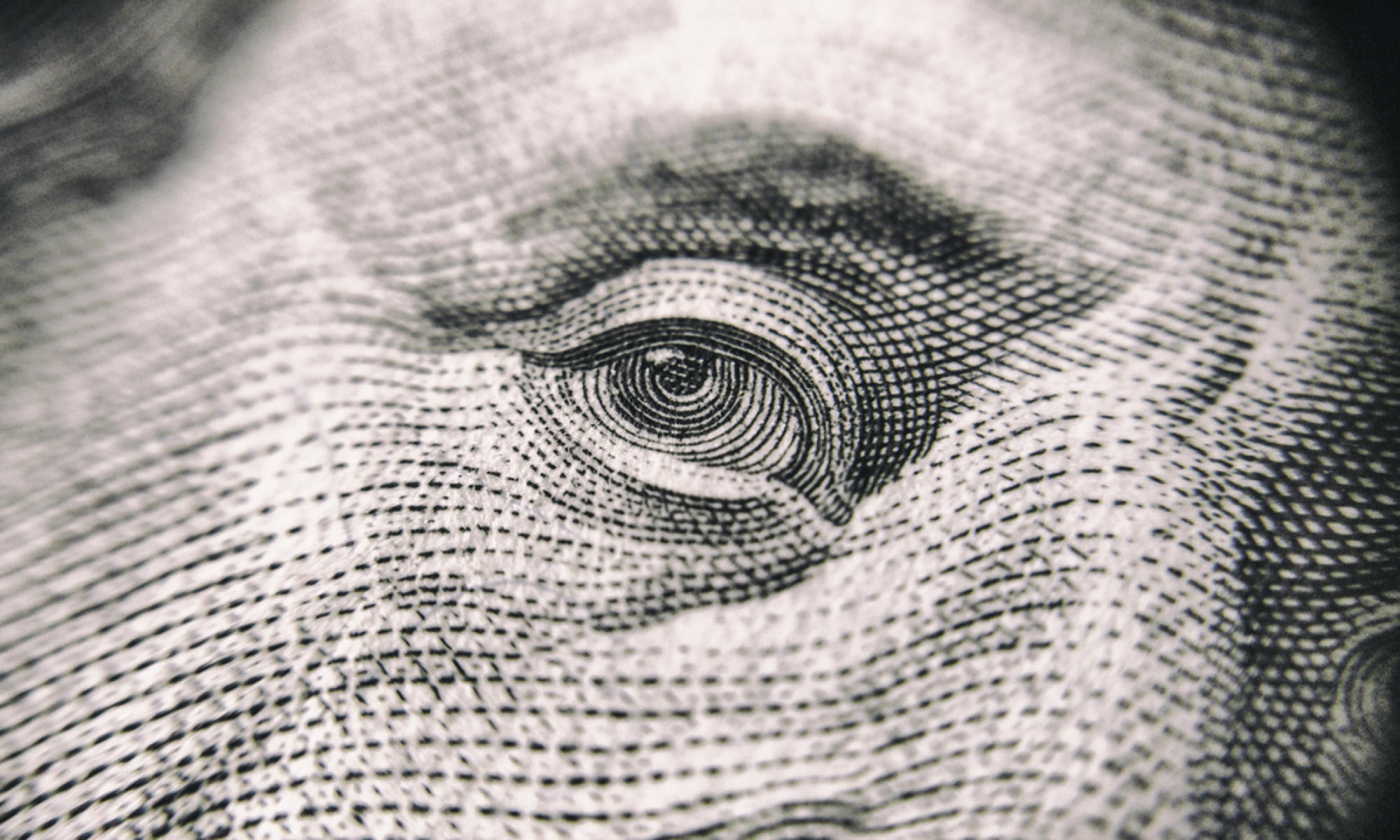Anyone who has known me for very long knows that I’m health conscious. My diet basically consists of a lot of fresh fruits and vegetables, chicken, fish, ground turkey, and brown rice with only occasional red meat and pork. I neither drink alcoholic beverages nor smoke, and I exercise regularly.
What started me on this track wasn’t a heart attack or another health ailment. No, my physician didn’t have to warn me to take better care of myself. It was a conscious decision. I never stopped working out and monitoring my diet after I stopped playing college football. I understood that breaking a good sweat after vigorous exercise would allow me to occasionally indulge in my weakness, homemade sweets, while also relieving stress and keeping the weight off. Staying fit requires discipline that sometimes I choose not to employ.
I’ll occasionally miss a week or two at the gym, but it never fails if I don’t workout for long enough, I feel it. The first thing that happens is my body starts to tell me, “Eric, you need to ride your bike, jog, go to the gym or do something.” And if I ignore the warning for long enough, I start to see what my body was trying to tell me politely. I’ve never let it get past this point, the point of abuse. Normally when I see the physical changes, regardless as to what’s going on in the business or at home with the family, I make exercise a priority because I don’t take my health for granted.
From the title maybe you can see where this is headed. Are you treating your money as if it will always be there regardless as to how badly you abuse it? Even if you don’t feel it or can’t see it, chances are you could be abusing your money and not even be aware of it.
What I’m saying now is what I’ve repeated for years. Although everyone knows that smoking is unhealthy even in moderation, sadly many don’t recognize the same holds true with conventional financial advice. Taking a little conventional financial advice, like dollar cost averaging or conventional risk management practices is worse than smoking a pack of cigarettes a day. Relying on the tried, proven to fail and only work for a minority conventional financial advice is wrecking havoc on the public’s and governments economic health.
I drew this analogy after helping someone who needed a miracle to get their physical health back. As I listened the to the physician rattle off a list of things that the patient could no longer do–like smoke and drink–I thought to myself many people abuse their money like they do their health. The major difference is that most financially sick people were told by Wall Street quacks to do what would inevitably kill them.
With all of the losses that society is experiencing in their portfolios, home values, etc. such a statement isn’t even harsh today; it’s just reality. The problem is that many recognize something is wrong and realize that they can’t take having money for granted but haven’t identified the root cause of the trouble.
Being kept in the dark has left the public susceptible to repeating the same mistakes with their money. All one has to do is look at the bond markets. How long do you think broke people will be able to tolerate getting a near zero percent return on loan money to US government and many international businesses? What do you think is going to happen when interest rates eventually raise to what people need to pay their bills will not depleting their principle? The selling value of the bonds is going to plummet. Billions of dollars will be wiped out in weeks if not over night.
It’s just a matter of time before this bubble burst, and more losses are incurred. Hopefully the damage won’t be irreversible and hopefully you’ll heed this warning act in enough time to avoid bleeding money. It is time to despite what you advisors says or the government for that matter to start treating your money like you are not taking it for granted that it will always be there if interest rate rise, the bank fails or the stock market crashes or whatever. It’s time to start treating your money like you want it to live a very long and productive life by making economically sound decisions with it.
Eric O January is a CPA, Entrepreneur, and the author of the three part Gainology Book Series that was formerly titled Mo’Sense. The Gainology book series is online at www.einsteinoffinance.com, www.conduitfunding.com and he can be contacted via toll free 877-CONDUIT (266-3848).


